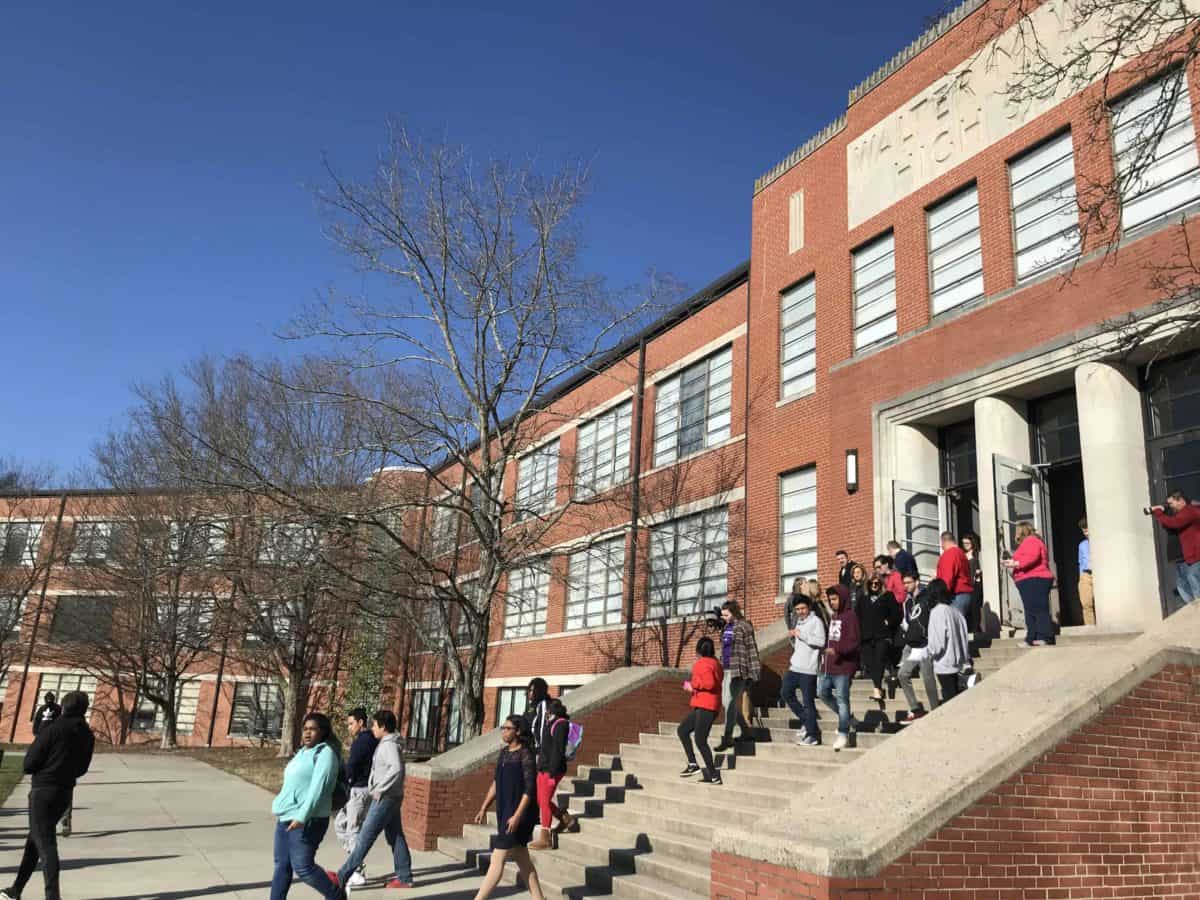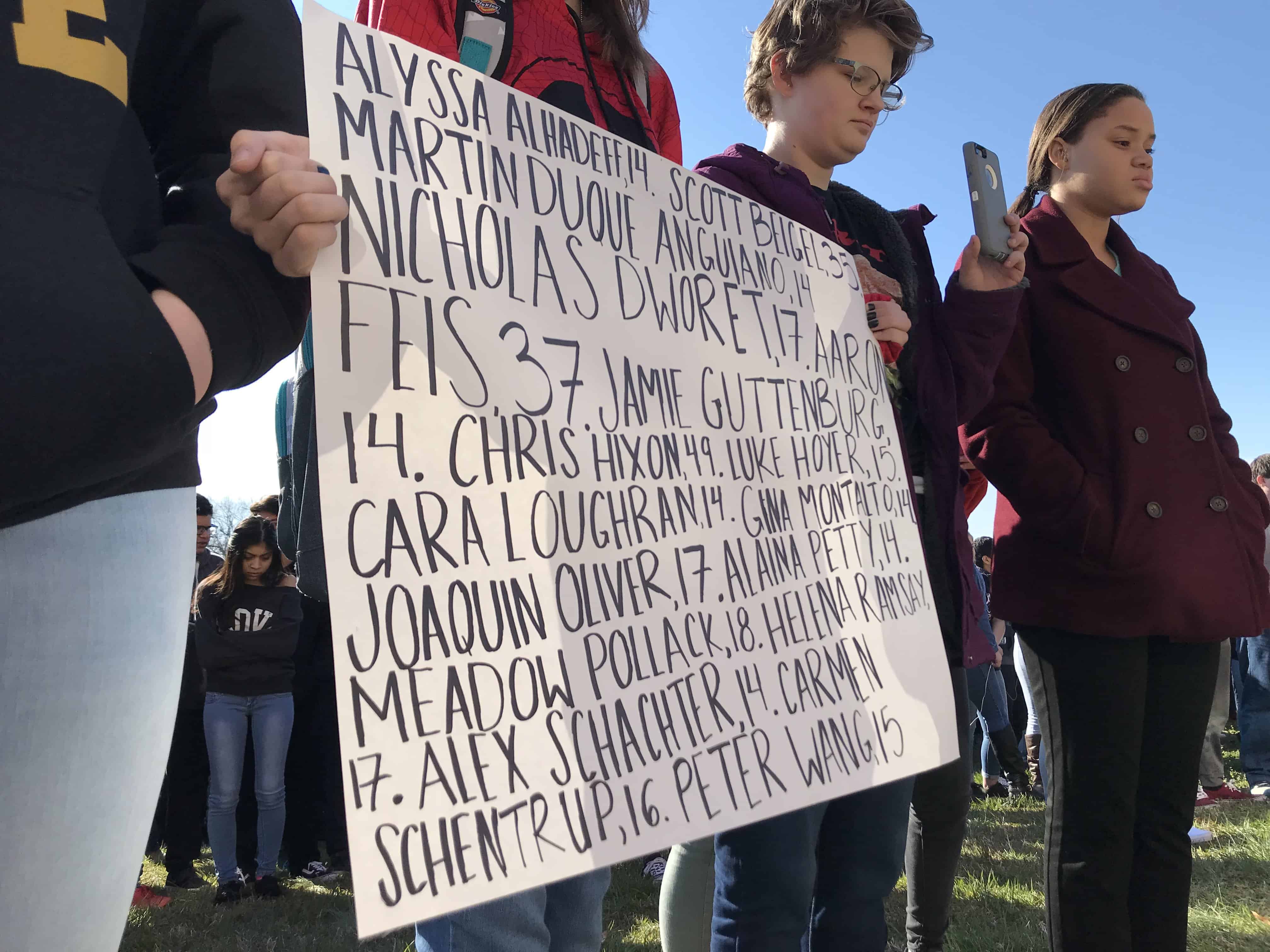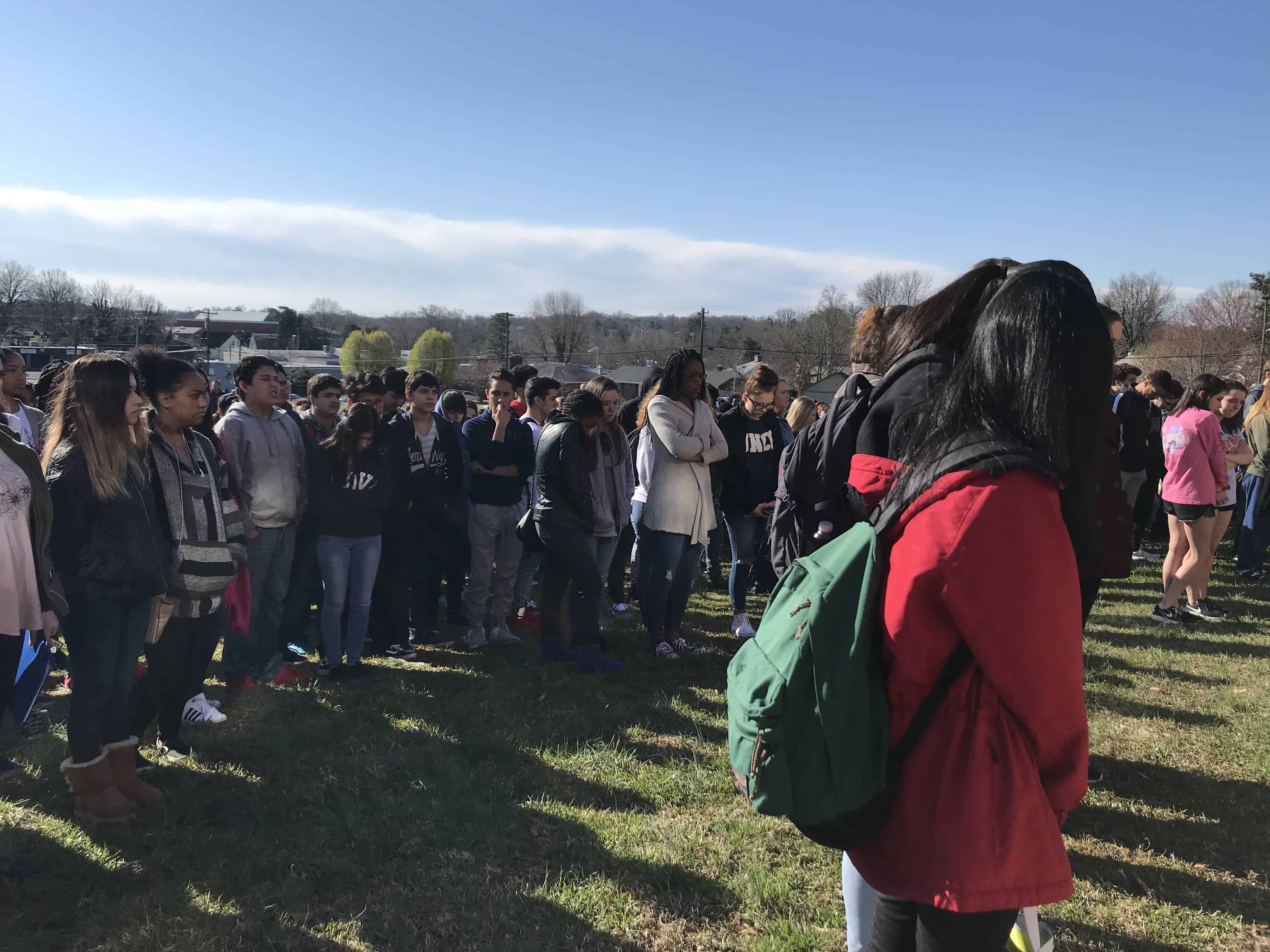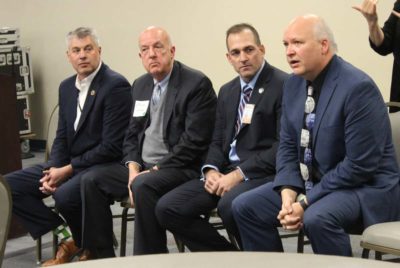
On Valentine’s Day, 17 high school students and teachers were killed in Parkland, Florida. Since then, students have staged walkouts and have organized a nationwide “March for our Lives” rally scheduled for this weekend.
The Parkland shooting has ignited a national debate about the cause of school shootings and how to stop them. Ten days after the shooting, President Trump suggested a solution: arming educators.
Armed Educators (and trusted people who work within a school) love our students and will protect them. Very smart people. Must be firearms adept & have annual training. Should get yearly bonus. Shootings will not happen again – a big & very inexpensive deterrent. Up to States.
— Donald J. Trump (@realDonaldTrump) February 24, 2018
To better understand how North Carolina parents and teachers feel about school safety, Reach NC Voices partnered with North Carolina’s Parent Teacher Association (NC PTA) to survey their members on this issue.
We asked NC PTA members, “Do you think schools would be safer places or more dangerous places if school officials were armed with guns?” So far, over 898 members have commented, reflecting the national debate surrounding this topic.
“I really do believe that a crazed shooter may think twice if they know that some staff are armed.. I would feel much safer if there were some at every school!” one parent from Marion wrote.
“Arming school officials may increase their ability to respond to a threat, but will also increase the possibility of a gun being available to someone who wants to do harm,” wrote another NC PTA member from Garner. “Armed teachers would not make me feel that my children are safer at school.”
Survey results show that NC PTA members largely do not believe schools would be safer places with armed school officials. If officials were armed, 56 percent of respondents thought schools would be more dangerous, 20 percent thought schools would be safer, 19 percent responded “it depends,” and five percent thought school safety would remain the same.

The survey also posed the question, “What factors do you believe compromise school safety? Choose all that apply.” Answers included bullying among students, not enough parental support at home, not enough protections at school, not enough discipline in the classroom, and other. Here is the breakdown of responses:
Some NC PTA members wrote in responses such as “lack of societal gun control” (respondent from Apex) and “no one to stop an active shooter if there ever was one” (respondent from Garner). However, as the survey answers demonstrate, the issue of bullying remained at the forefront (64 percent of responses).
One respondent from West Sanford said, “It all points to administration. There are no serious consequences for students that bully or harass other students.”
Another member from Raleigh commented, “I would like them to start with safety on the school buses. The bus is where most of the bullying and access to harmful and violent internet content begins.”

The Reach NC Voices survey also highlighted an issue related to school safety: mental health.
The survey asked, “North Carolina House members with education, law enforcement, and mental health policy backgrounds will serve on a special committee to examine K-12 school safety standards and recommend changes. What would you like them to consider?”
“We need to talk more about mental health in schools,” wrote a respondent from Raleigh.
“The root of the problem needs to be addressed, which is helping students who may have mental health issues,” a member from Chapel Hill stated. Several respondents also proposed increasing funding for school nurses, psychologists, and counselors to address mental health issues.
At the end of the day, amid a national discussion of gun control, school safety, bullying and mental health, how safe do NC PTA members think their schools actually are?
Sixty-eight percent of respondents either agreed or strongly agreed that their child’s school is a safe school, 18 percent were neutral, and 16 percent disagreed or strongly disagreed.


